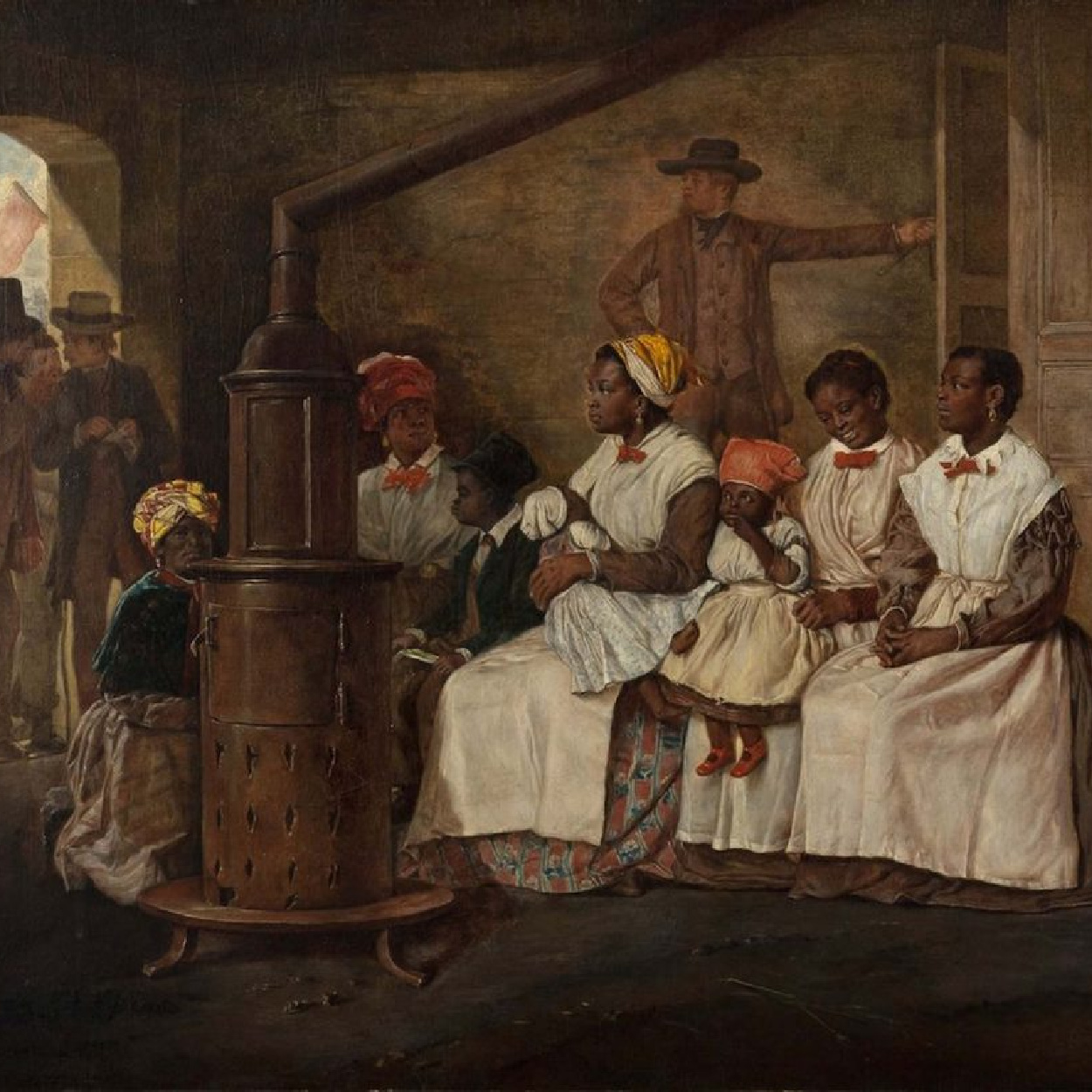Good therapists are good listeners. There is something deeply satisfying about having someone see your problems and concerns in a sympathetic light, to feel understood and appreciated. Indeed, what many people look for in a therapist is to be validated, or understood and accepted at a deep level.
Feeling validated about one’s self or having one’s choices affirmed is not inherently a bad thing. Certainly, we can all resonate with wanting to have our feelings and points of view confirmed by others. For example, perhaps an extreme one, women who have experienced physical abuse often seek and need validation from others that what they are experiencing is actually abuse. I (Brianna) once had a client who came to a session after her husband had physically assaulted her, and she had called the police. She was worried that she had done the wrong thing, had maybe overreacted, or was actually the one at fault. In this case, however, it was important to validate that her physical safety was important and that she had done the right thing. Feeling validated about one’s self or having one’s choices affirmed is not inherently a bad thing.
Existing in echo chambers can steadily move us away from reality and confine us in a space that is not actually healthy or helpful. We lose the ability to challenge our own beliefs and consider different points of view when we are unequivocally validated in the beliefs we hold. Particularly when our choices are destructive to others or ourselves, what we need may not be validation but rather challenge and correction. If we only ever hear our own thoughts and ideas repeated back to us in an affirming way, we can quickly lose touch with reality. An echo chamber allows us to inhabit a world entirely of our own making, a world created in our own image and reflecting back to us only ourselves. As such, the danger of an echo chamber lies in the way it encourages us to be like Narcissus, a figure of ancient Greek mythology who fell in love with his own reflection in a pool of water.
To understand better how echo chamber therapy can impede our happiness and growth, we need to take a look at how modern therapeutic practice developed and how it fails to provide what we need to reach our highest potential. We will see that our Heavenly Father wants us to grow and develop and that, often, this growth requires us to change, repent, and improve. True love and concern for people do not affirm them in whatever they happen to be doing but instead challenge us to become who we truly can be—the sort of person our Heavenly Father intended us to become all along.
Echo Chambers & Person-Centered Therapy
Carl Rogers is considered a “father” of modern psychotherapy with his theory of “person-centered therapy.” His ideas and therapeutic approach have played—and continue to play—a particularly influential role in how therapists are trained today. Indeed, he is one of the top 12 most cited psychologists of all time. Although you may never have read or heard about Carl Rogers specifically, there’s a very good chance that you have heard the phrase “unconditional positive regard” or “unconditional love” somewhere, perhaps in an introduction to psychology course or even in casual conversation with friends. Modern therapeutic practice developed and how it fails to provide what we need to reach our highest potential.
Carl Rogers […] argued that to facilitate genuine psychological and emotional healing therapists must establish a particular kind of empathic relationship with their clients, one based on the therapist’s unconditional acceptance of the client, regardless of what the client says or does or feels.
Most American psychotherapy training programs tend to emphasize person-centered therapeutic modalities as a basic building block in counseling education. Everything beneficial in the therapeutic relationship, it is often said, is rooted in and built up from the therapist’s use of unconditional positive regard in approaching the client.
Rogers himself argued that in order for the individual to be fully free to be themselves in therapy, the therapist must create an environment of unconditional acceptance and radical tolerance or, to use a more recently popularized term, a safe space.
On a surface level, the creation of safe spaces does not seem like a bad idea. And, as Gantt and Thayne also note:
… helping an individual to feel safe in expressing his or her hidden thoughts and feelings is a valuable and important endeavor, especially in a therapeutic setting where genuine empathy and openness are vital.
These professionals further articulate that to criticize Rogers is not to criticize empathy, understanding, and openness as a whole. While Rogers has been particularly influential in defining what empathy means for psychologists, his way of facilitating openness and authenticity is not the only one. Nor would we argue that it is the best way as a therapist.
What Rogers misses (and what many of his followers miss) is the difference between the ability to exercise judgment or discernment about events or behaviors in a client’s life and judging a person’s value or intent. There is simply no avoiding this issue, though. Helpful interpersonal feedback requires judgment and discernment about whether the client is living a good, functional, or healthy life.
Skeptical? Try this quick thought experiment:
Imagine that the ‘worst’ person that you know is getting therapy. The therapist provides validation for every thought, feeling, and action that person has ever had or done—including those that have hurt you or other people.
Certainly, this is not a very comfortable thought. Validating sins and misdeeds does not help the person in the wrong want to change, and it is cheapened when it is applied by default to everything another feels or does. Helpful interpersonal feedback requires judgment and discernment.
Rebukes, chastenings, reprimands, commandments, instructions, parental advice, attempts at persuasion are all fundamentally and inescapably at odds with the notion of a “safe space.”
But “safe spaces” may not actually be what is best for us. In order to understand the truth about love, healing, and happiness, we should first look to those who do it perfectly—Heavenly Father and Jesus Christ—and understand the meaning and purpose of our lives.
The Plan of Happiness & Our Divine Purpose
The Plan of Salvation is, indeed, a plan of happiness. But to understand what this really means, we must understand happiness. It is common in our modern, secular world to define happiness ecumenically as an agreeable psychological state. According to this understanding, people are happy as long as they enjoy what they are doing and are achieving what they desire. But this approach has obvious problems, ones that have been noted at least since the beginnings of the Western intellectual tradition—for example, by Plato, Aristotle, Aquinas, and many others. If we enjoy doing evil, does this make us happy or merely more miserable because we do not appreciate the significance of our actions? As the philosopher and psychologist William James observed: “If merely ‘feeling good’ could decide, drunkenness would be the supremely valid human experience.” People and society often flaunt the commandments of God and experience ‘happiness,’ but Alma is correct when he states, “wickedness never was happiness.”
If we leave the word “happiness” as the world would define it, then we may miss the purpose of our lives. Life is not about preventing the vindictive judgment of a vengeful God, rather, it is about who we become. As Elder Christofferson has said, “God’s purpose is that we, His children, may be able to experience ultimate joy, to be with Him eternally, and to become even as He is.” If we leave the word “happiness” as the world would define it, then we may miss the purpose of our lives.
However, if we ‘think celestial,’ as President Nelson has counseled us to do, we can see that we must follow the commandments of God, make covenants in the temple, and live our lives trying to be more like Christ if we want to become people who will want to stand in the presence of God. Through these commandments, covenants, and efforts, Heavenly Father shows us the manner of heaven through our experience by becoming as He is. This goes beyond “check-list” religious practices. The very act of becoming is the ultimate joy, happiness, and purpose of life.
How Does God Love Us?
So as we think about God, His plan, and how He loves us, let us consider a different thought experiment. In another article written here at Public Square Magazine, Kylie Burdge and I (Brianna) comment:
Imagine a parent looking at their 8-year-old child saying, “I love you totally and completely, so please do not feel any need to grow and change.” While it is true that we love our children as they are, does that love for them mean that we never want them to change or grow or progress? From a Christian view, those desires would not really be loving because they inherently limit the experiences and ultimate happiness that we want for children […] Their perspective would be forever limited. In fact, there is an aspect in which we intuitively recognize that there is something wrong with a parent who wants their child to stay as they are forever.
Good parents know that their children need to grow and change. Sometimes this tutelage includes reprimands, instructions, advice, and chastenings—though always motivated by and grounded in selfless love. After all, the scriptures say: “For whom the Lord loveth He chasteneth,” and “As many as I love, I rebuke and chasten.” Lest we forget, these guidelines for love are almost the exact opposite of how we would define a contemporary “safe space.” God’s intent with chastisement, or correction, is to help us become as He is.
So how does the Lord provide chastisement?
Doctrine and Covenants sheds some light on His purposes: “Whom I love I also chasten that their sins may be forgiven, for with the chastisement I prepare a way for their deliverance in all things out of temptation, and I have loved you” [emphasis added]. Elder Christofferson further adds, “The fruit of God’s chastisement is repentance leading to righteousness.”
God’s intent with chastisement, or correction, is to help us become as He is. We agreed to His plan from the beginning and clearly had the desire to live as He does. Indeed, in this respect, He is a bit older and wiser in the ways of life and truth. Within this context, repentance is simply a reflection of how we change and how we grow into new people over time through the Atonement of Jesus Christ. Chastisement and correction from a Godly perspective is loving because it helps us realize who we are and who we can become.
Love and Therapy
How does this apply to therapy and echo chambers? First, we should be clear that therapists are neither parents to their clients nor gods. They are just people. However, by exploring and embracing the love Heavenly Father and Jesus Christ have for us, we can expand our vision of what healing and growth look like. Find an environment where you can feel lovingly and fairly challenged.
However, the reality is that therapists are imperfect, and they may not always make the best observations or challenges in the right way. You don’t have to take everything your therapist says at face value and apply it exactly in your life. Rather, a therapist can provide opportunities for growth by having productive dialogue around the context of your life and possible areas of improvement. You want to find the right therapist for you, not the perfect therapist.
Ultimately, though, you have a better opportunity to grow and progress if you find an environment where you can feel lovingly and fairly challenged. In these constructive confrontations, you have an increased opportunity to learn the truth about your experiences and the people in your life. As Jesus taught, “the truth shall make you free” and you will never learn the truth in an echo chamber.

















